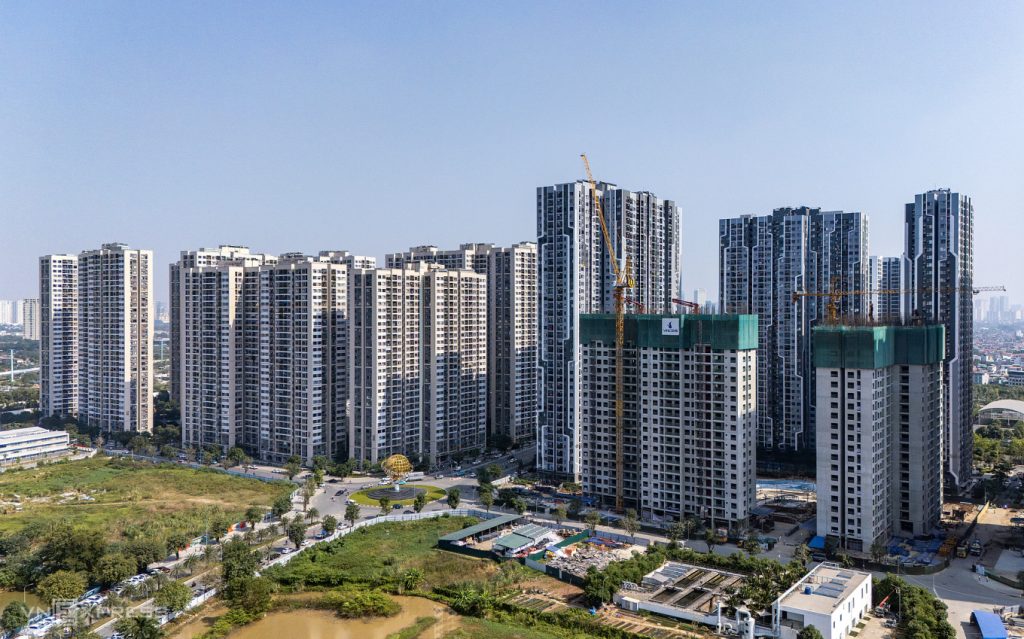VARS: Foreigners Increase Property Purchases in Hanoi
Last year, foreigners bought over 2,800 apartments in Hanoi, nearly twice the amount during the 2018-2022 period, thanks to new legal regulations, according to VARS.
This information was provided by the Vietnam Real Estate Brokers Association (VARS) in a recent newsletter. The association cited data from the Ministry of Construction, showing that from 2015 to the end of 2023, more than 3,000 foreigners purchased properties in Vietnam. Hanoi accounted for more than half of these, with 1,765 units purchased between 2018 and 2022.
In the first half of 2024, VARS reported that foreigners had bought more than 1,000 apartments in Hanoi. Furthermore, in the final quarter of the year, the Department of Construction approved 7 additional residential projects, offering about 3,000 apartments for sale to foreigners, primarily in high-end segments in new urban areas. "These projects quickly sold more than 60% of the quota available for foreigners, with prices 10% higher than those for local buyers," VARS noted.
Thus, more than 2,800 apartments in the capital were sold to foreigners last year. The association believes that the trend of foreign ownership of property in Vietnam, especially in Hanoi, will continue to grow. "This is a positive signal for the real estate market, helping absorb a significant amount of high-end and luxury products still 'on the shelf' in the market," VARS commented.
This forecast was made in the context of the 2023 Housing Law (effective from August 1, 2024), which creates more favorable conditions for foreigners to own real estate in Vietnam. According to the law, it specifies the number of properties foreigners can own in a project. For a condominium project, they cannot own more than 30% of the total units, while for landed properties, the maximum is 250 units within an administrative unit at the ward level.
Additionally, the trend of foreign workers coming to Vietnam, especially for positions such as managers, CEOs, experts, and technical workers in the North, is increasing. These groups often have a housing demand in the capital.

Real Estate of Ha Noi
However, VARS noted that developers need to study the market to identify target customer groups, their countries of origin, and their payment capabilities to develop projects that meet these needs.
Moreover, companies need to establish departments that are fluent in foreign languages and familiar with legal regulations to assist foreign clients.
In a report last year, market research and consulting firm CBRE Vietnam also stated that since the policy allowing foreign ownership of property was relaxed in 2015, clients from China, Hong Kong, Taiwan, and South Korea have become major investor groups. This group accounts for about 75% of the foreign buyers in Vietnam's real estate market, due to the geographical proximity.
This wave is also driven by the presence of foreign investors in Vietnam. The Vietnamese housing market is considered to have strong potential for price growth compared to their home countries, which have already gone through similar price adjustment periods.
However, CBRE believes that the main investment goal for most foreigners buying property in Vietnam is to wait for price appreciation to earn profits. A small number of them will rent out their apartments temporarily while waiting for prices to rise. "Not many foreigners, mainly those planning to live in Vietnam long-term, buy properties for personal use," CBRE stated.


 Zalo
Zalo Webchat
Webchat